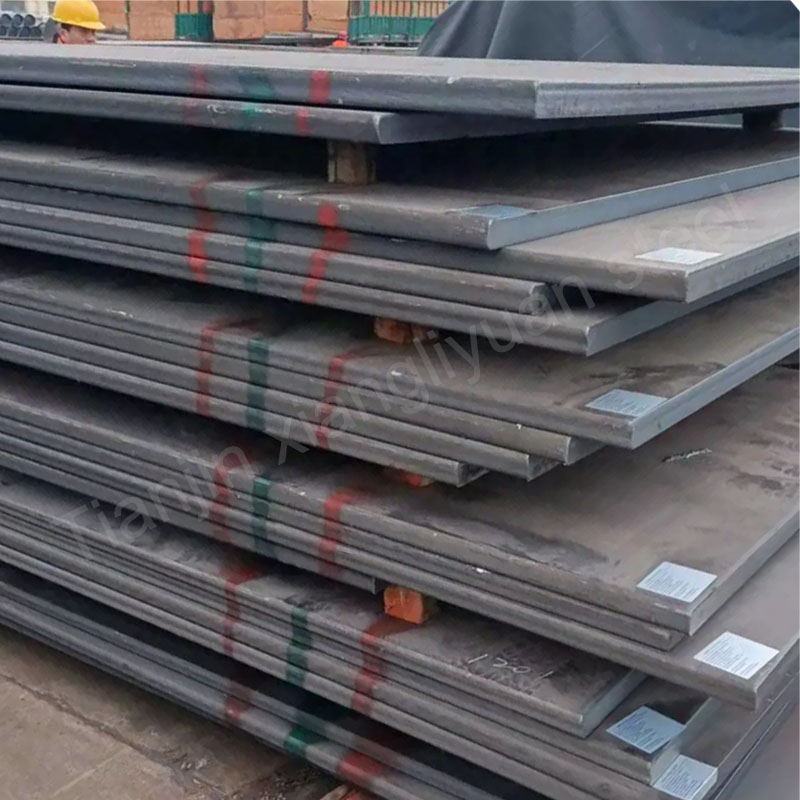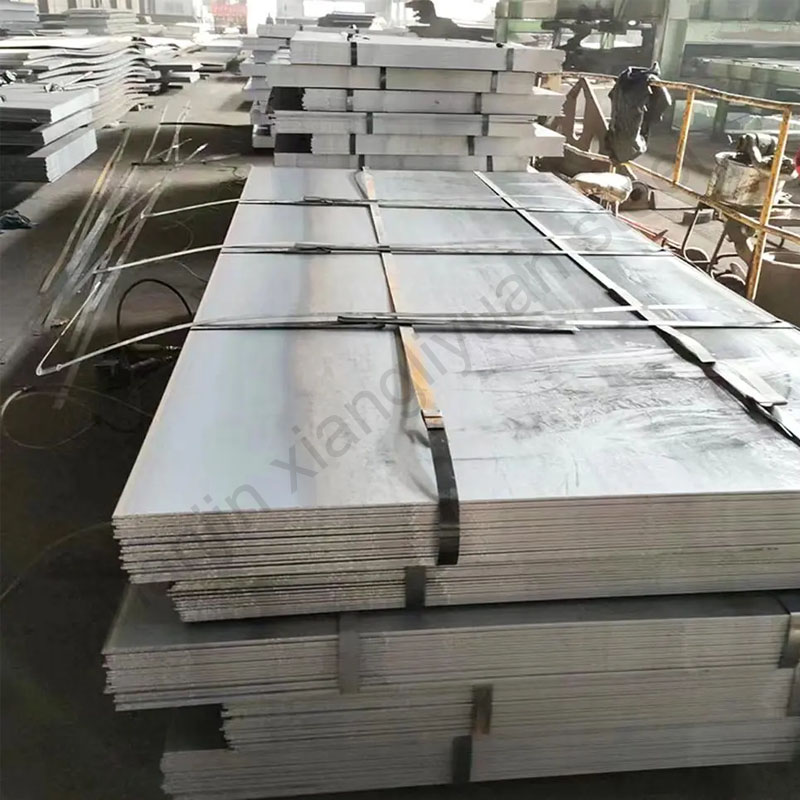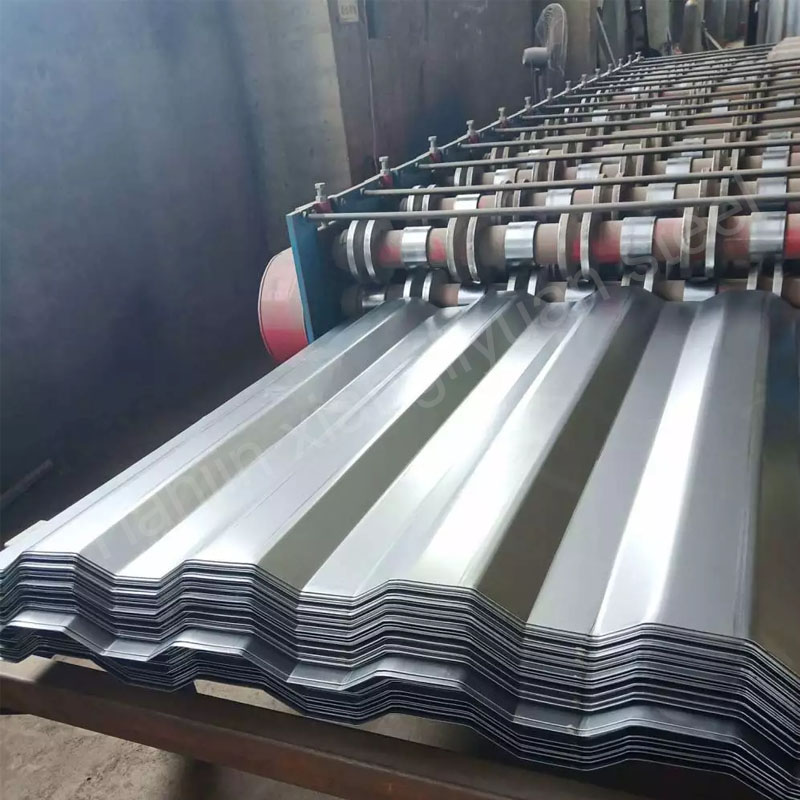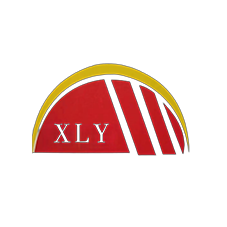Wear-resistant steel plate is a high-strength steel made through a special heat treatment process. Its surface hardness can reach HB400-600, which is 3-8 times more wear-resistant than ordinary steel plates. It is widely used in harsh working conditions such as mining machinery and engineering equipment.
Comparison table of mainstream wear-resistant steel plate materials and steel grades
| Country/Brand | Common steel grades | Hardness range | Characteristics comparison |
|---|---|---|---|
| China | NM360/NM400 | HB340-450 | High cost performance, suitable for medium wear |
| Sweden | Hardox400/450 | HB400-470 | Internationally renowned, strong impact resistance |
| Germany | XAR400/XAR500 | HB370-430 | Excellent welding performance |
| Japan | JFE-EH400/500 | HB380-460 | Special for deep-sea equipment |
| USA | AR400/AR500 | HB360-440 | Mainstream choice for construction machinery |
International standards and certification systems
Chinese standards: GB/T 24186-2009 (NM series)
EU certification: EN 10025-4 (S series wear-resistant steel)
USA specifications: ASTM A514/A572 (engineering machinery certification)
Japanese industry: JIS G3106 SM series
Internationally used: ISO 4950 (unified test standard)
Full analysis of specifications
1. Common thickness specifications
Thin plate series: 6mm/8mm/10mm (conveyor lining)
Regular thickness: 12-50mm (mainstream for excavator buckets)
Ultra-thick customization: 60-120mm (mine crusher cutterhead)
2. Plate size standard
Width range: 1500-2500mm (customizable strips)
Standard length: 6000/8000/12000mm
Special shape: special-shaped cutting parts support laser/water jet processing
Six core application scenarios
Mining
Application parts: crusher lining, vibrating screen beam
Recommended material: Hardox500 + Anti-loosening bolt installation process
Cement production
Key parts: raw material grinding roller sleeve, clinker conveyor trough
Special requirements: additional high temperature resistant coating (≤600℃) is required
Port machinery
Typical applications: grab blade plate, ship unloader guide rail
Anti-corrosion treatment: HDG hot-dip galvanizing is recommended
Agricultural machinery
Core components: harvester blade, straw crushing bin
Lightweight solution: 8mm thin plate laser grid reinforcement
Electric power
Key equipment: coal mill impact plate, coal conveyor chute
Composite solution: ceramic + steel plate bimetallic composite plate
Special vehicles
Modified applications: dump truck box, bulldozer blade
Welding process: E7018 low-hydrogen welding rod is required
Purchase technical guide
Three key points for quality identification
Hardness test: Use Leeb hardness tester for multi-point detection, surface hardness fluctuation should be ≤5%
Metallographic analysis: martensite content must be >85%, carbide is evenly distributed
Certification documents: MTC material report + CE/PED certification must be provided





